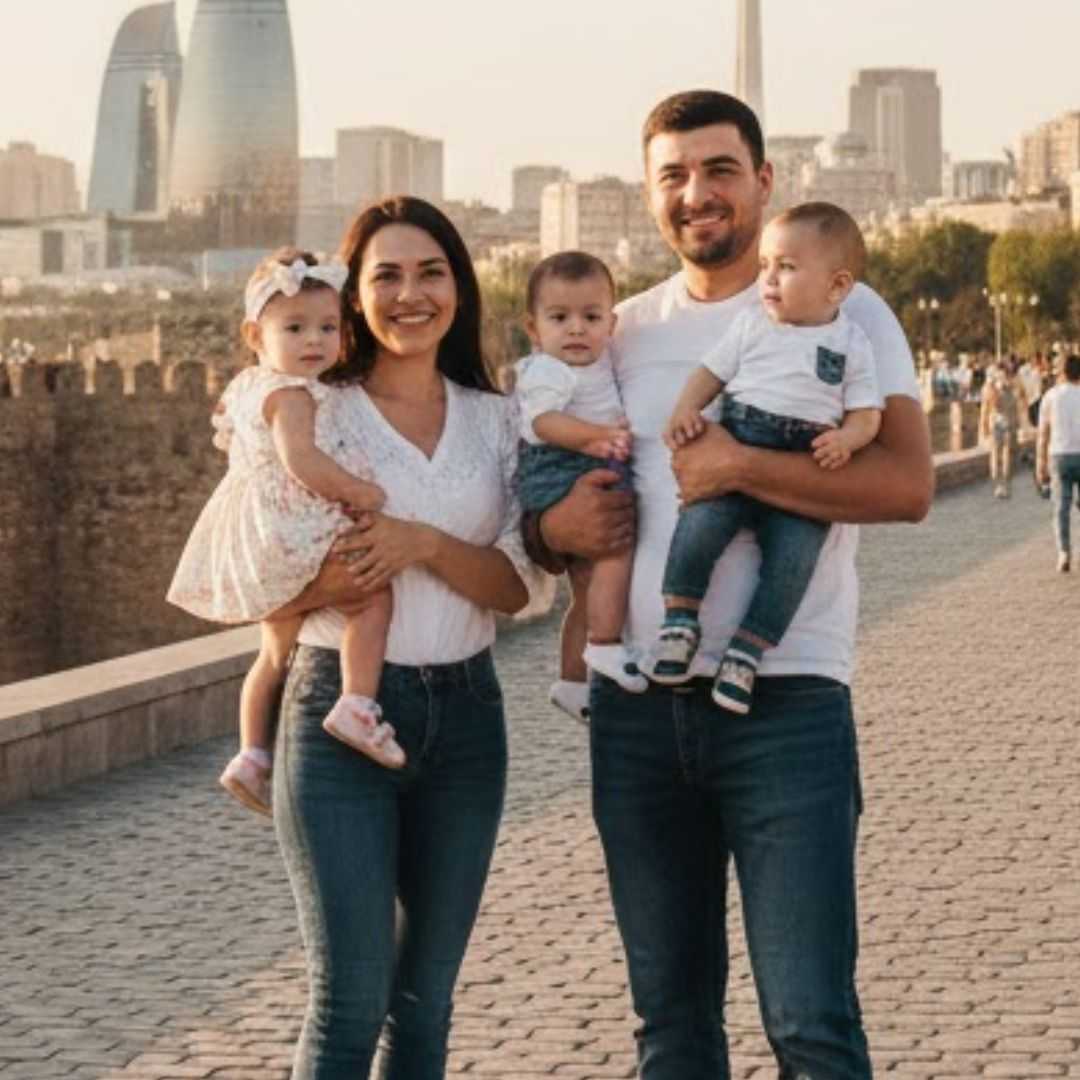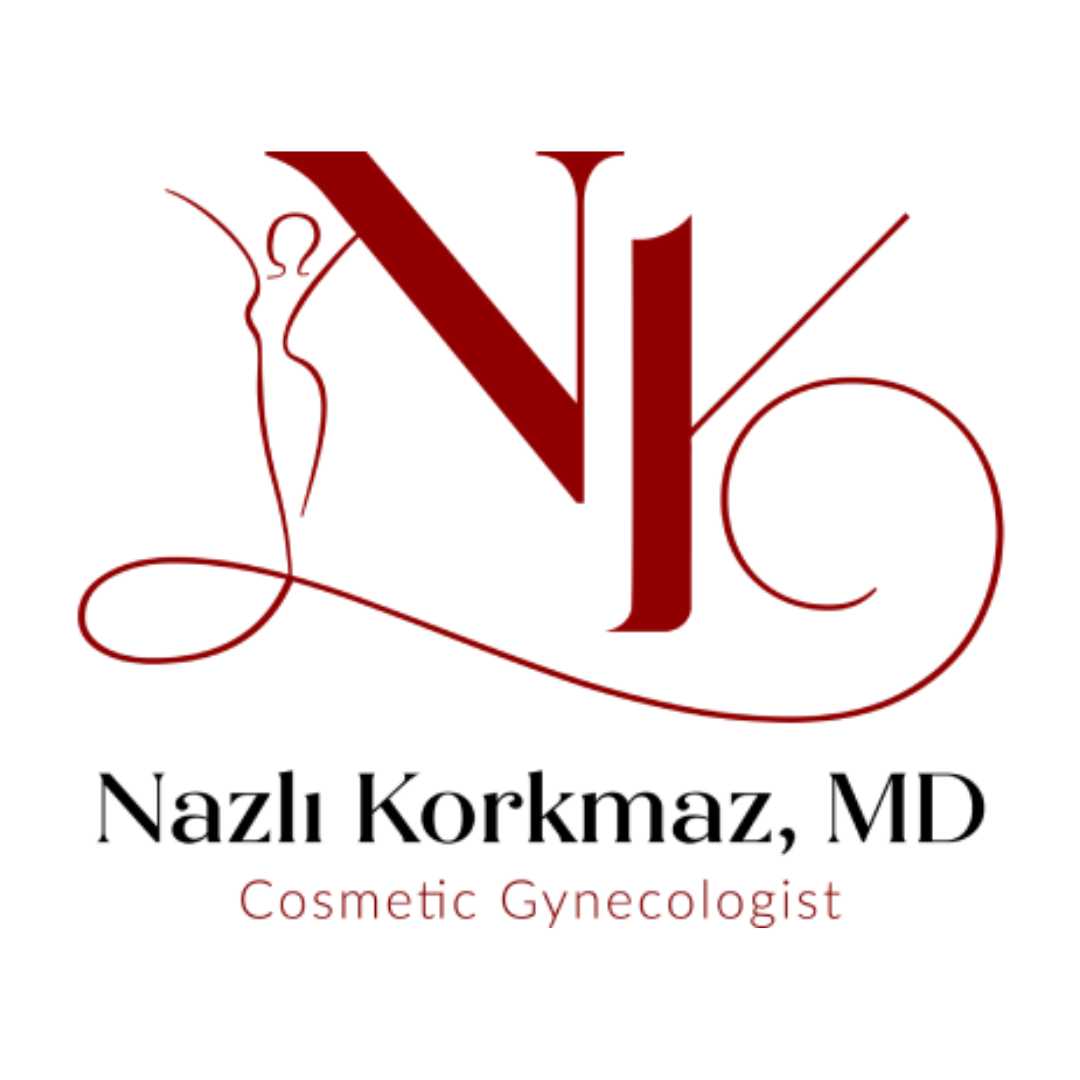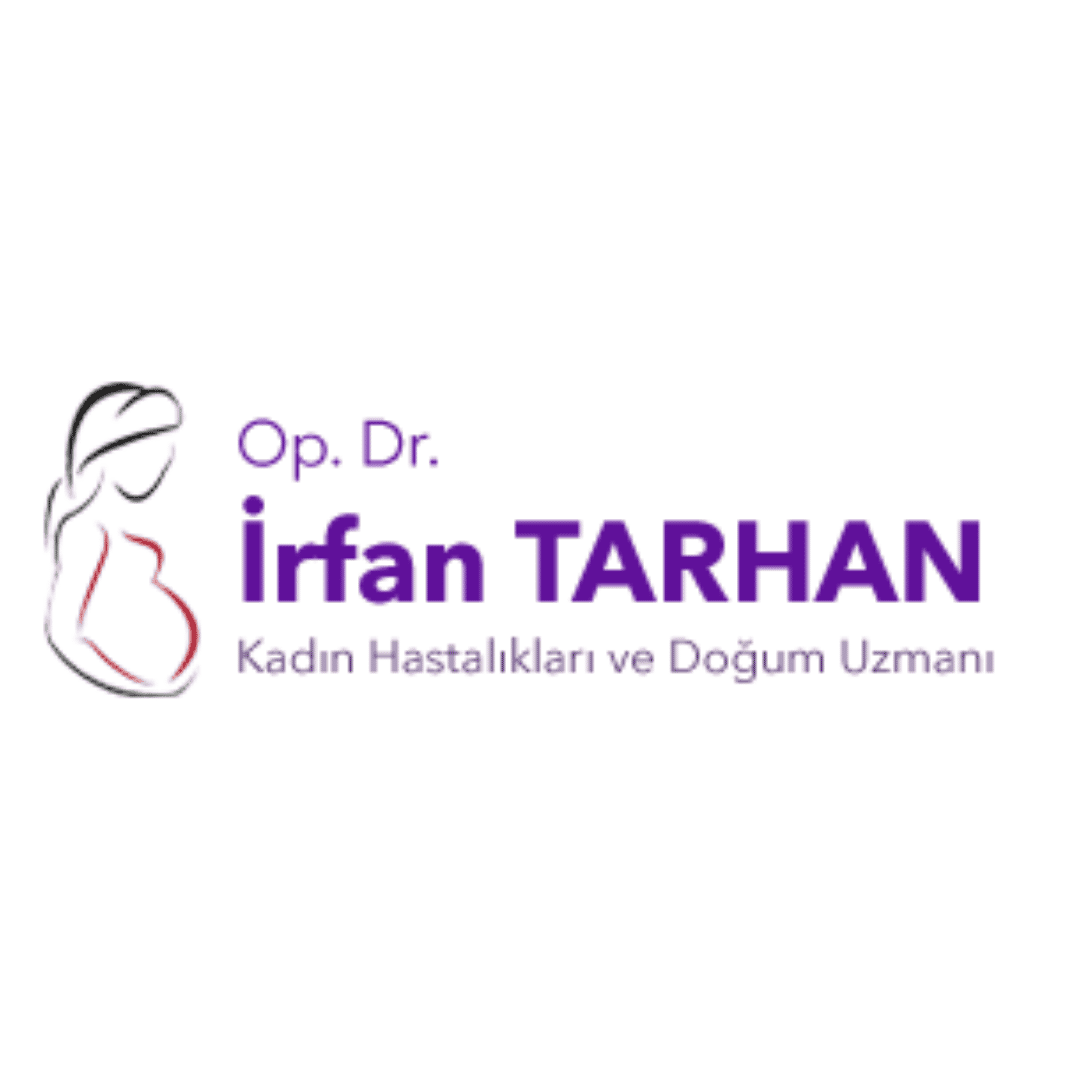Affordable IVF in Turkey: A Full Cost Breakdown for 2025
.png)
Considering In Vitro Fertilization (IVF) is a significant step, and choosing the right location for your treatment is just as crucial. You might be wondering, "Is Turkey a good place for IVF?" The short answer is a resounding yes. In recent years, Turkey has emerged as a leading destination for fertility treatments, attracting patients from all over the world. This is due to a compelling blend of highly skilled doctors, state-of-the-art medical facilities, and perhaps most attractively, affordable prices. For many couples and individuals navigating the path to parenthood, the financial burden of IVF can be overwhelming. Turkey offers a welcome respite, with costs that are often a fraction of what you might expect to pay in the US or UK, without compromising on the quality of care.
But the appeal of IVF in Turkey goes beyond just the price tag. The country boasts a robust healthcare system with many clinics accredited by international bodies, ensuring that safety and quality are paramount. Turkish fertility specialists are renowned for their expertise and are at the forefront of the latest advancements in assisted reproductive technology. When you combine this with the opportunity to recover in a beautiful country with a rich culture and history, it's easy to see why so many are turning to Turkey to help them build their families. This guide will walk you through everything you need to know, from the success rates you can expect to the legal landscape and the step-by-step process for international patients, helping you make an informed decision on your fertility journey.
What are the success rates of IVF in Turkey?
The success of an IVF cycle is a primary concern for anyone considering the treatment. In Turkey, you'll find that the IVF success rates are comparable to, and often exceed, those of clinics in many European countries and the United States. This is largely due to the use of cutting-edge technology and the high level of expertise among Turkish embryologists and fertility doctors.
It's important to remember that success rates are highly dependent on the woman's age and the underlying cause of infertility. Younger women generally have higher chances of success. Here's a general breakdown of what you might expect:
- Women under 35: Success rates can be as high as 50-60% per cycle.
- Women aged 35-37: The success rate typically ranges from 40-50%.
- Women aged 38-40: You can expect success rates in the range of 30-40%.
- Women over 40: The chances of success are generally lower, around 20-30%.
Many Turkish clinics are transparent about their success rates and will provide you with detailed statistics to help you make an informed decision. They often have dedicated international patient coordinators who can walk you through their specific outcomes and what they mean for your individual circumstances.
How much does IVF cost in Turkey?
One of the most significant advantages of seeking IVF treatment in Turkey is the cost. The price of an IVF cycle is substantially lower than in many other developed countries, making it a much more accessible option for a wider range of people. This lower cost does not equate to lower quality; rather, it's a reflection of the country's lower living and operational costs.
The overall cost of your IVF treatment in Turkey can vary depending on several factors, including the specific clinic you choose, the city, and the complexity of your treatment plan. Some of the factors that can influence the final cost include:
- The need for additional procedures like Intracytoplasmic Sperm Injection (ICSI) or Preimplantation Genetic Diagnosis (PGD).
- The amount of medication required for ovarian stimulation.
- Whether you need to freeze embryos for future use.
Many clinics in Turkey offer all-inclusive packages for international patients. These packages often cover not only the medical procedures but also accommodation, airport transfers, and the services of a translator, providing a hassle-free experience.
What is included in the cost of IVF in Turkey?
Understanding what is covered in the quoted price is essential to avoid any unexpected expenses. While packages can vary from one clinic to another, a typical IVF cost in Turkey will include:
- Initial consultations and examinations with the fertility specialist.
- Ultrasound monitoring during ovarian stimulation.
- The egg retrieval procedure.
- Sperm preparation and fertilization in the laboratory.
- The embryo transfer procedure.
It's crucial to clarify with the clinic beforehand what is not included in the package. Common exclusions are:
- The cost of fertility medications, which can vary significantly from person to person.
- Preimplantation Genetic Testing (PGT), which is an optional but sometimes recommended procedure.
- Embryo freezing and storage fees.
- Travel expenses, such as flights and visas.
Are there hidden costs for IVF in Turkey?
Reputable IVF clinics in Turkey pride themselves on transparency, but it's always wise to be thorough in your financial planning. The term "hidden costs" usually refers to expenses that are not part of the standard IVF package but may be necessary for your specific treatment plan. To avoid surprises, it's a good practice to ask for a detailed and itemized quote from the clinic.
Some of the potential additional costs to be aware of include:
- Preliminary Tests: Some diagnostic tests may be required before starting your IVF cycle, and these might be billed separately.
- Medications: The cost of fertility drugs can be a significant portion of the overall expense and is often not included in the base price.
- Anesthesia: While the egg retrieval is performed under sedation, the anesthesiologist's fee may be a separate charge.
- Follow-up Appointments: Any consultations or tests required after the embryo transfer may not be part of the initial package.
By discussing these potential costs with your clinic's international patient coordinator, you can get a much clearer picture of the total investment required for your IVF journey in Turkey.
What are the legal regulations for IVF in Turkey?
The legal framework for assisted reproductive technologies in Turkey is an important consideration for international patients. The laws are quite specific and must be adhered to by all clinics. The most critical regulations to be aware of are:
- Marital Status: Only legally married, heterosexual couples are eligible for IVF treatment in Turkey.
- Gamete Source: The use of donor eggs or sperm is strictly prohibited. Couples must use their own genetic material.
- Surrogacy: Surrogacy is not legal in Turkey.
- Embryo Transfer: There are regulations on the number of embryos that can be transferred in a single cycle to minimize the risk of multiple pregnancies. For the first two cycles, only one embryo is transferred. From the third cycle onwards, a maximum of two embryos can be transferred.
- Sex Selection: Gender selection for non-medical reasons is not allowed.
These regulations are in place to ensure ethical practices and the well-being of all parties involved. Reputable clinics will require legal proof of marriage before commencing treatment.
Can single women or same-sex couples do IVF in Turkey?
Due to the legal regulations in Turkey, IVF treatment is not an option for single women or same-sex couples. The law is explicit in its requirement that patients must be a married, heterosexual couple. This is a significant point of consideration for individuals and couples who do not meet these criteria.
While some clinics may offer services like egg freezing for single women for fertility preservation purposes, the creation and transfer of embryos are limited to married couples. For single women and same-sex couples seeking IVF, it would be necessary to explore options in other countries with more inclusive legal frameworks.
What is the process of getting IVF in Turkey as an international patient?
Turkish IVF clinics are well-equipped to handle international patients and have streamlined processes to make the experience as smooth as possible. The journey typically unfolds in the following steps:
- Initial Consultation: The process usually begins with an online consultation with a fertility specialist. You will discuss your medical history, and the doctor will recommend a course of treatment.
- Treatment Plan and Coordination: Once you decide to proceed, the clinic's international patient team will help you coordinate your visit. This includes scheduling your treatment, assisting with travel arrangements, and providing a detailed cost estimate.
- Pre-treatment in Your Home Country: In some cases, you may be able to start the initial stages of your treatment, such as taking birth control pills or some preliminary medications, in your home country under the guidance of the Turkish clinic.
- Travel to Turkey: You will need to travel to Turkey for the main part of your IVF cycle. This includes ovarian stimulation, monitoring, egg retrieval, and embryo transfer. The recommended stay in Turkey is typically around 2-3 weeks.
- Treatment in Turkey: Upon arrival, you will have further consultations and begin the core phase of your IVF treatment at the clinic.
- Post-treatment and Follow-up: After the embryo transfer, you can travel back home. A pregnancy test is usually done about two weeks later. The clinic will remain in contact with you for follow-up and support.
What are the best cities in Turkey for IVF?
While you can find excellent IVF clinics throughout Turkey, a few cities have become major hubs for medical tourism, particularly for fertility treatments. These cities offer a wide selection of top-tier clinics and are easily accessible for international travelers.
- Istanbul: As Turkey's largest city and a major international travel hub, Istanbul has the highest number of world-class IVF clinics. You'll find a wide range of options to suit different budgets and preferences.
- Ankara: The capital city of Turkey also has a strong reputation for high-quality medical care, with several renowned fertility centers.
- Antalya: Located on the beautiful Mediterranean coast, Antalya is a popular tourist destination that also boasts excellent IVF clinics. Many patients choose Antalya to combine their treatment with a relaxing holiday.
When choosing a city, consider factors like the clinic's reputation, accessibility, and your personal preferences for your travel experience.
How to choose the best IVF clinic in Turkey?
Selecting the right clinic is a critical step in your IVF journey. With many excellent options in Turkey, it's important to do your due diligence. Here are some key factors to consider:
- Success Rates: Ask for the clinic's latest success rates, broken down by age group.
- Doctor's Experience: Research the qualifications and experience of the fertility specialists at the clinic.
- Technology and Facilities: Ensure the clinic uses modern technology and has state-of-the-art laboratory facilities.
- International Accreditations: Look for accreditations from international bodies like JCI (Joint Commission International), which is a gold standard for quality and safety.
- Patient Reviews and Testimonials: Read reviews from previous international patients to get a sense of their experiences.
- Communication and Support: Choose a clinic with a responsive and helpful international patient department that can assist you with all your queries and arrangements.
Are there any age limits for IVF in Turkey?
The Turkish law does not specify a legal age limit for undergoing IVF treatment. However, individual clinics have their own protocols and age cut-offs, which are based on medical evidence regarding the likelihood of success. As a woman's age is the single most important factor affecting IVF outcomes, clinics want to ensure that they are providing treatment with a reasonable chance of success.
Most clinics in Turkey will not treat women over the age of 45 using their own eggs. This is because the quality and quantity of a woman's eggs decline significantly with age, leading to a much lower probability of a successful pregnancy and a higher risk of miscarriage and chromosomal abnormalities. It's essential to have an open and honest discussion with your chosen clinic about your age and your individual chances of success.
What is the quality of IVF clinics in Turkey?
The standard of medical care in Turkey, particularly in the private sector, is excellent. The country has invested heavily in its healthcare infrastructure, and this is reflected in the quality of its IVF clinics. Many of the leading fertility centers are part of large, modern hospital groups that are accredited by international organizations like JCI.
These clinics are equipped with the latest in assisted reproductive technology, including advanced incubators, genetic testing facilities, and sophisticated laboratory equipment. The medical teams, from the fertility specialists to the embryologists and nursing staff, are highly trained and experienced. Many doctors have received training or have worked in leading fertility centers in Europe and the United States, bringing a global perspective to their practice.
What questions should I ask an IVF clinic in Turkey?
Being prepared with a list of questions will help you gather the information you need to make a confident decision. Here are some important questions to ask any IVF clinic you are considering in Turkey:
- What are your clinic's live birth success rates, broken down by age?
- How many IVF cycles do you perform for international patients each year?
- Can I have a video consultation with the doctor before I travel?
- Can you provide a detailed, itemized quote for my treatment plan?
- What support services do you offer for international patients (e.g., airport pickup, accommodation, translators)?
- Who will be my main point of contact at the clinic?
- What is the process for obtaining medications?
- What are your policies on embryo freezing and storage?
How long do I need to stay in Turkey for IVF?
The duration of your stay in Turkey for IVF will depend on your individual treatment plan. However, for a standard IVF cycle, you can expect to be in the country for around 15 to 21 days. This timeframe allows for all the necessary steps of the process to be completed without being rushed.
Here is a general timeline of what to expect during your stay:
- Initial days: You will have your initial consultations, and you will begin the ovarian stimulation phase, which involves daily hormone injections.
- Mid-stay: You will have regular ultrasound monitoring to track the development of your follicles.
- Egg retrieval: Once your follicles are mature, the egg retrieval will be scheduled. This is a minor surgical procedure performed under sedation.
- Fertilization and embryo development: The retrieved eggs will be fertilized with your partner's sperm, and the embryos will be cultured in the lab for 3 to 5 days.
- Embryo transfer: The best-quality embryo or embryos will be transferred to your uterus.
- Final days: You will be advised to rest for a day or two after the embryo transfer before you are cleared to travel back home.
Is it safe to travel to Turkey for IVF?
Turkey is a popular and safe destination for medical travel, with millions of people visiting each year for various treatments. The healthcare infrastructure is modern and reliable, and clinics that cater to international patients prioritize safety and quality of care. The major cities where most IVF clinics are located, such as Istanbul and Antalya, are accustomed to welcoming foreign visitors and have a robust tourism infrastructure.
Of course, as with any international travel, it's important to take standard precautions. Research your chosen clinic and city, be aware of your surroundings, and follow any travel advisories from your home country. The international patient departments at the clinics can also provide you with guidance and support to ensure your trip is safe and comfortable.
What are the pros and cons of having IVF in Turkey?
Making the decision to travel for IVF is a big one, and it's helpful to weigh the advantages and disadvantages. Here's a balanced look at the pros and cons of choosing Turkey for your treatment:
Pros:
- Significant Cost Savings: The lower price of IVF is a major draw for many international patients.
- High-Quality Medical Care: You can expect excellent standards of care, with modern facilities and internationally accredited clinics.
- Experienced Specialists: Turkish fertility doctors are highly skilled and have extensive experience in the field.
- No Waiting Lists: You can typically start your treatment without the long waiting times found in some other countries.
- Opportunity for Travel: Combining your treatment with a holiday in a beautiful and culturally rich country can be a positive experience.
Cons:
- Legal Restrictions: The laws limiting IVF to married, heterosexual couples and prohibiting donors can be a barrier for many.
- Travel Requirements: Traveling to another country for medical treatment can be stressful and requires time off from work.
- Follow-up Care: You will need to coordinate with your local doctor for follow-up care once you return home.
- Language and Cultural Differences: While most clinics have English-speaking staff, you may encounter some communication challenges outside of the clinic.
Ready to explore your options for high-quality, affordable IVF treatment in Turkey? PlacidWay is here to help you connect with leading clinics and experienced specialists. Discover personalized treatment plans and take the next step on your path to parenthood.Explore PlacidWay for your healthcare solutions today!


.png)




.png)
.png)

.png)






Share this listing